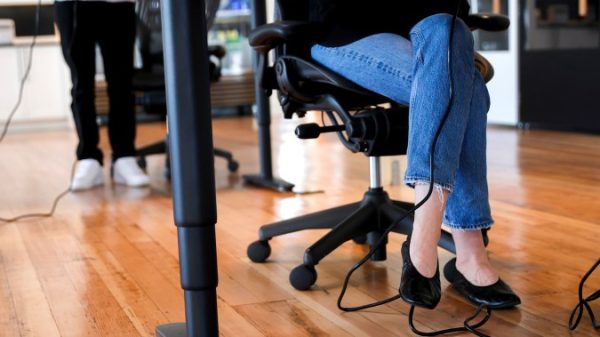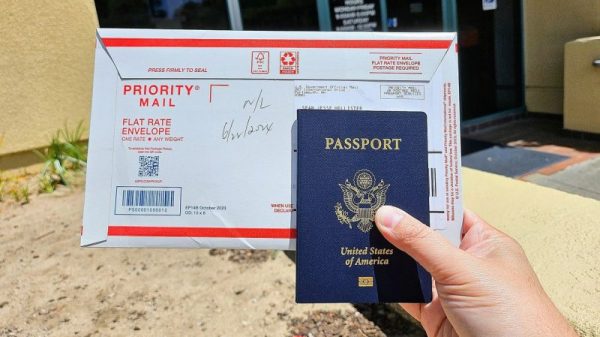Three Republican House members lost a years-long fight Thursday against congressional mask mandates, with a unanimous appeals court panel ruling that they had no jurisdiction to review the policy.
Masks haven’t been required on the floor of the House of Representatives for more than a year, but Reps. Marjorie Taylor Greene (R-Ga.), Thomas Massie (R-Ky.), and Ralph Norman (R-S.C.) were challenging fines they incurred when the covid-19 mitigation policy was in place. They argued the policy violated both their First Amendment right to free speech and their 27th Amendment entitlement to their salary.
The court said neither argument mattered because of another part of the First Amendment, which shields members of Congress from being brought into court over legislative acts.
“We cannot consider the merits of the Representatives’ constitutional arguments because their suit concerns legislative acts protected by the Speech or Debate Clause,” three judges on the U.S. Court of Appeals for the District of Columbia ruled.
The decision was written by Neomi Rao, a Trump appointee who served in his administration as the regulatory affairs administrator. She was joined by appointees of Presidents Biden and Clinton.
The same “speech or debate” clause was used by Rep. Scott Perry (R-Pa.) and former vice president Mike Pence to resist sharing information with the special counsel investigating the Jan. 6 attack. In a footnote, Rao wrote that “this case concerns only the Clause’s immunity from suit and does not implicate the other protections recognized as flowing from the Clause, such as its evidentiary and testimonial privileges.”
The House passed a resolution in January 2021 authorizing fines of $500 for a first failure to comply with masking rules in the chamber and $2,500 for subsequent offenses, deducted from their $174,000 annual pay. In late 2021, a spokesman for Greene said she had incurred $48,000 in fines. She and the other lawmakers argued that the rules were inconsistently applied and that their decision to go maskless on the House floor was a form of protest.
The lawmakers and their attorney did not immediately return a request for comment.
Three Republican House members lost a years-long fight Thursday against congressional mask mandates, with a unanimous appeals court panel ruling that they had no jurisdiction to review the policy.
Masks haven’t been required on the floor of the House of Representatives for more than a year, but Reps. Marjorie Taylor Greene (R-Ga.), Thomas Massie (R-Ky.), and Ralph Norman (R-S.C.) were challenging fines they incurred when the covid-19 mitigation policy was in place. They argued the policy violated both their First Amendment right to free speech and their 27th Amendment entitlement to their salary.
The court said neither argument mattered because of another part of the First Amendment, which shields members of Congress from being brought into court over legislative acts.
“We cannot consider the merits of the Representatives’ constitutional arguments because their suit concerns legislative acts protected by the Speech or Debate Clause,” three judges on the U.S. Court of Appeals for the District of Columbia ruled.
The decision was written by Neomi Rao, a Trump appointee who served in his administration as the regulatory affairs administrator. She was joined by appointees of Presidents Biden and Clinton.
The same “speech or debate” clause was used by Rep. Scott Perry (R-Pa.) and former vice president Mike Pence to resist sharing information with the special counsel investigating the Jan. 6 attack. In a footnote, Rao wrote that “this case concerns only the Clause’s immunity from suit and does not implicate the other protections recognized as flowing from the Clause, such as its evidentiary and testimonial privileges.”
The House passed a resolution in January 2021 authorizing fines of $500 for a first failure to comply with masking rules in the chamber and $2,500 for subsequent offenses, deducted from their $174,000 annual pay. In late 2021, a spokesman for Greene said she had incurred $48,000 in fines. She and the other lawmakers argued that the rules were inconsistently applied and that their decision to go maskless on the House floor was a form of protest.
The lawmakers and their attorney did not immediately return a request for comment.























